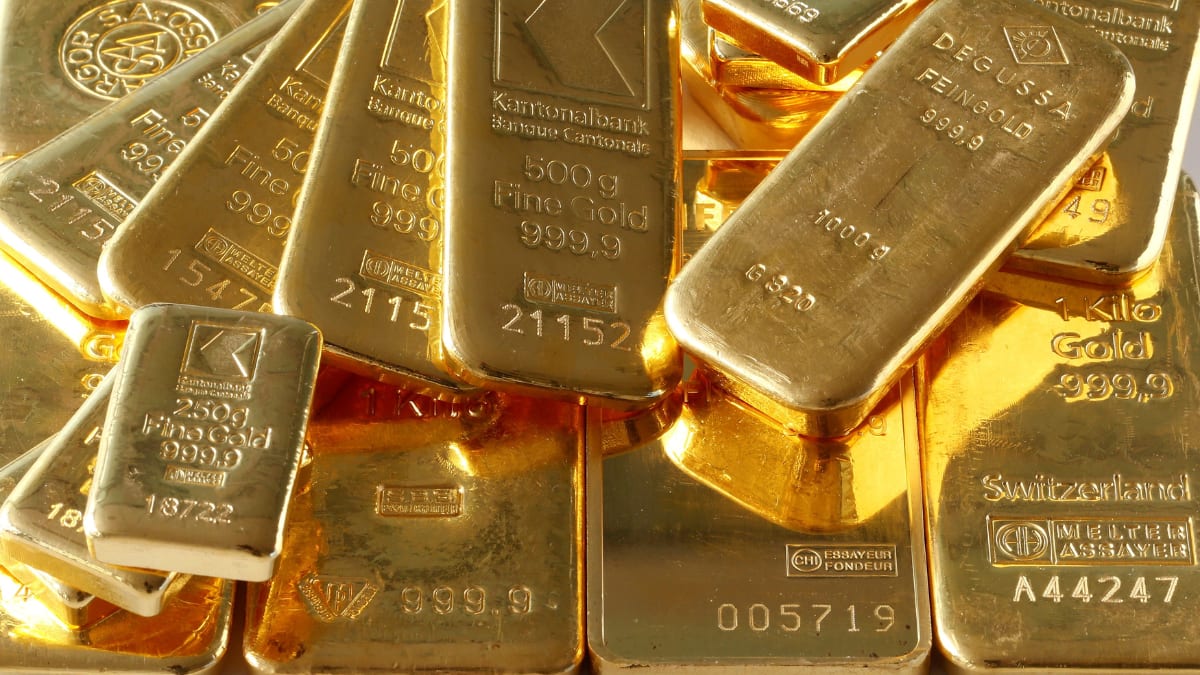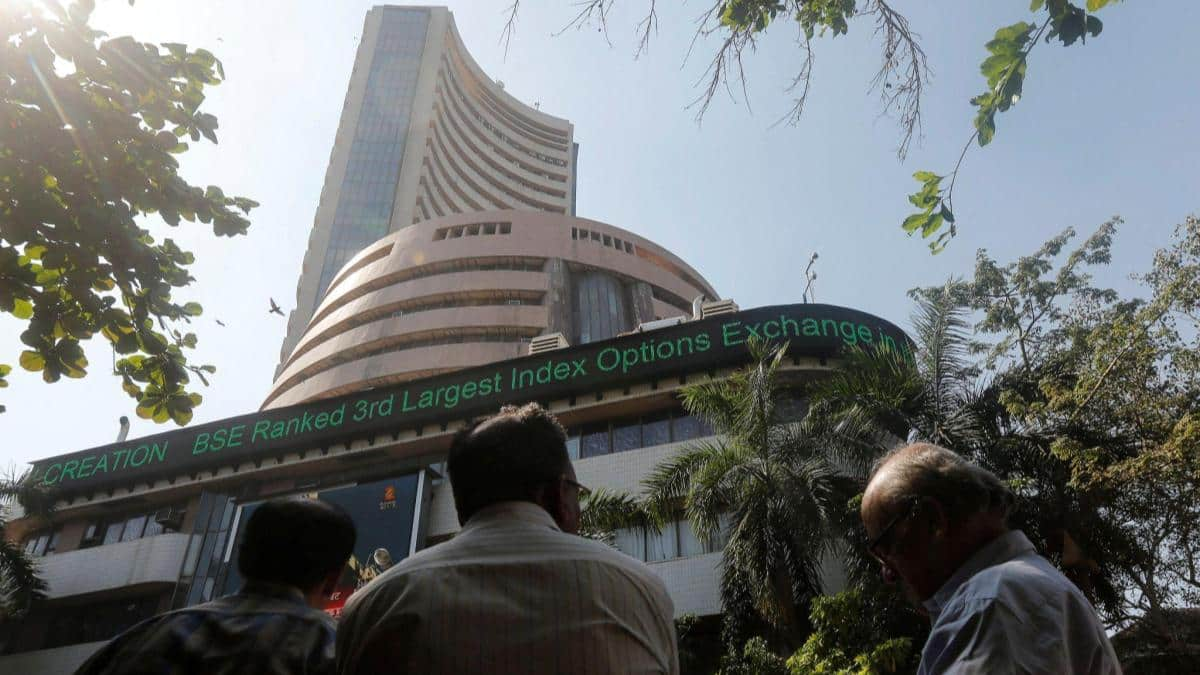Dhanteras Special: Can gold lose its shine due to geo-political concerns?

By Rahul Kalantri
Dhanteras & Diwali are regarded as an auspicious occasion for embarking on the path to prosperity by making investments in gold. During this time, investing in gold is culturally significant as it is believed to usher in good fortune and wealth, particularly when initiating financial endeavours related to gold and silver.
In the last couple of months, the price of gold has traced an interesting ‘V’ shape. The price dropped from $1,920 in the second part of September to $1,810 and early October, as investors mulled over the impact of interest rates potentially staying higher for longer. This decline was followed by a stronger/crazy recovery for gold, off the back of a changing geopolitical and macroeconomic scenario. The gold price gained around $180 an ounce in October, jumping from $1,810 to $2,000.
Gold has been a portfolio diversifier in the long-term time frame as the returns in gold balance the overall risk-reward for any investor. Our optimism is rooted in the following factors:
Gold Recovery Amid Geopolitical Tensions: A continuation or escalation of the current elevated geopolitical tension is likely to dampen economic sentiment, disrupt supply chains – likely driving developed market economies towards stagflation risks which support gold prices.
Central Bank to Move Towards Dovish Stance: After almost two years of aggressive monetary tightening, the world’s biggest central banks are taking time out before weighing up their next move. The Bank of England, the U.S. Federal Reserve, European central banks are start pause interest rate hike and likely to start rate cut from next year.
Bond yields probably need to peak, but it might not be plain sailing for gold when they come down. US 10-year bonds start to cool down which also support gold prices.
Weakness in Rupee against dollar: Historically, the rupee tends to exhibit weakness during central election periods, concurrently providing support to gold prices in India.
Wedding Session: Post-Diwali, as the wedding season unfolds, jewellery retailers’ express optimism, anticipating a sustained surge in physical demand momentum.
Recession fears & buying by central banks: In a climate of profound economic uncertainty, the tension between growth and inflation poses an ongoing challenge for the Federal Reserve. Falling inflation is likelihood of a recession in the US and Eurozone has loomed for nearly a year, though the level of conviction has varied. Notably, in this uncertainty, global central banks have been consistently bolstering their gold reserves.
Way to invest in Gold
There are two ways to get invested in gold one is physical and other is digital. One can buy gold through traditional route in physical forms such as jewellery, coins and bullion. The new age group can invest in gold digitally in forms such as mutual funds, SGBs and exchange-traded funds (ETFs). “If you are a new investor or if you are looking for a simple and low-cost way to invest in gold, then I recommend investing in a gold digitally.
Gold outlook

Recent times have witnessed heightened fluctuations in gold prices, prompting the crucial question of whether this juncture is opportune for investment. Amidst prevailing economic and geopolitical uncertainties, gold stands as a perennial favorite for investors, consistently outperforming other asset classes in uncertain conditions. However, exercising caution in the short term is prudent. Despite Gold’s recent struggle to sustain above $2000, a decisive breach could pave the way for further gains, reaching and potentially surpassing the all-time high of $2,080. Conversely, a correction might find support at $1,920, with additional levels at $1,880. Domestically, the support zone rests at 59200, and a dip below could lead gold to Rs 58400. On the upside, a major hurdle at Rs 61200 must be overcome for a clear uptrend, possibly extending to Rs 63400-Rs 64,100.
(Rahul Kalantri, VP Commodities, Mehta Equities. Views expressed are the author’s own. Please consult your financial advisor before investing.)



Leave a Comment